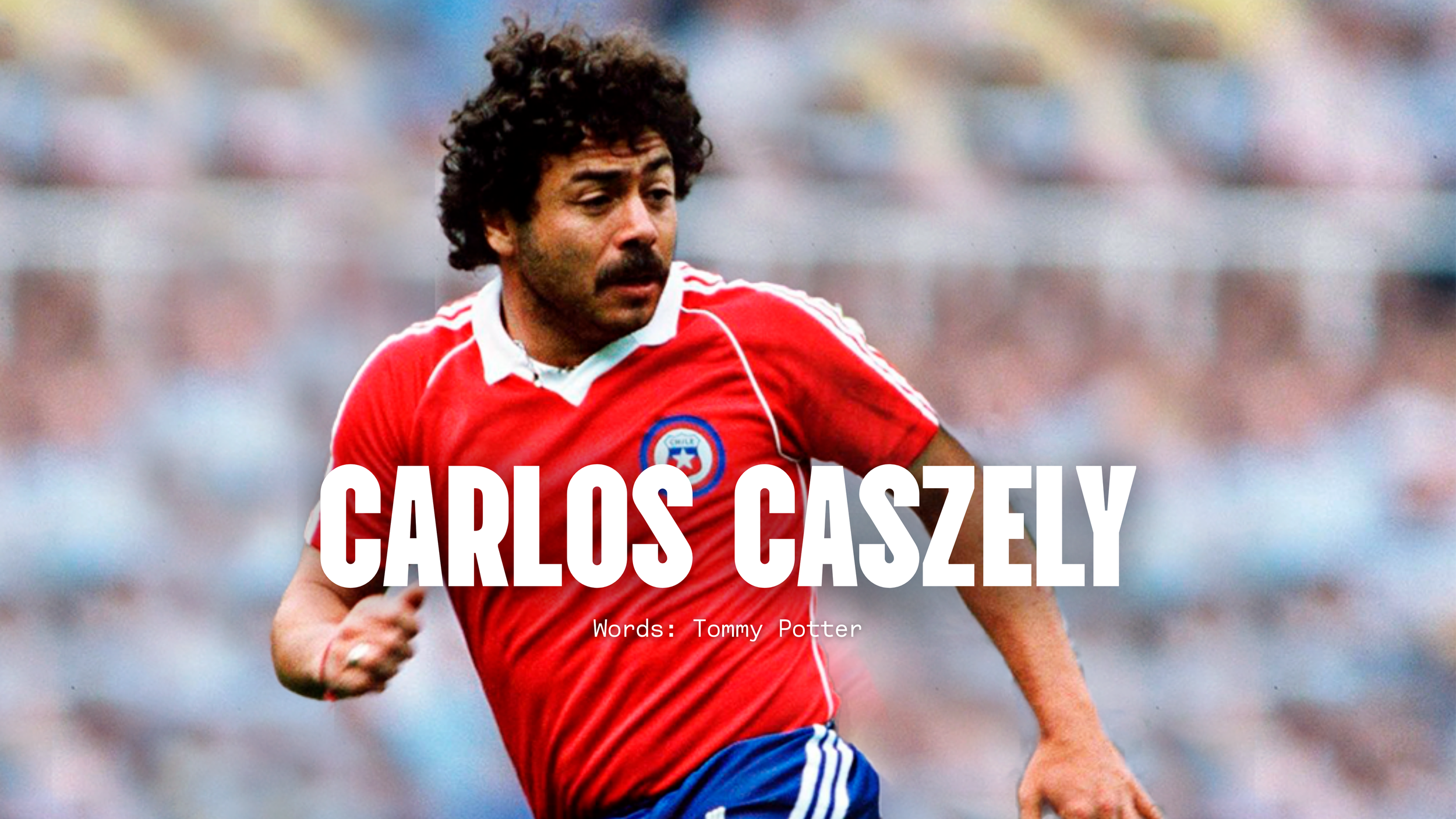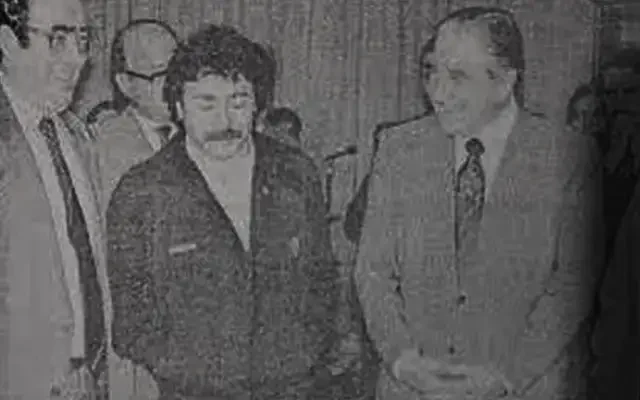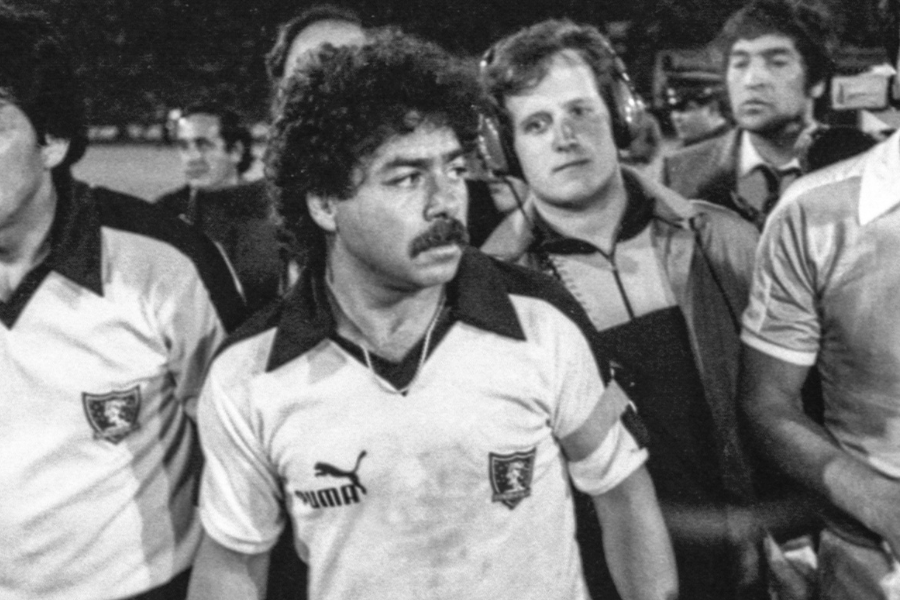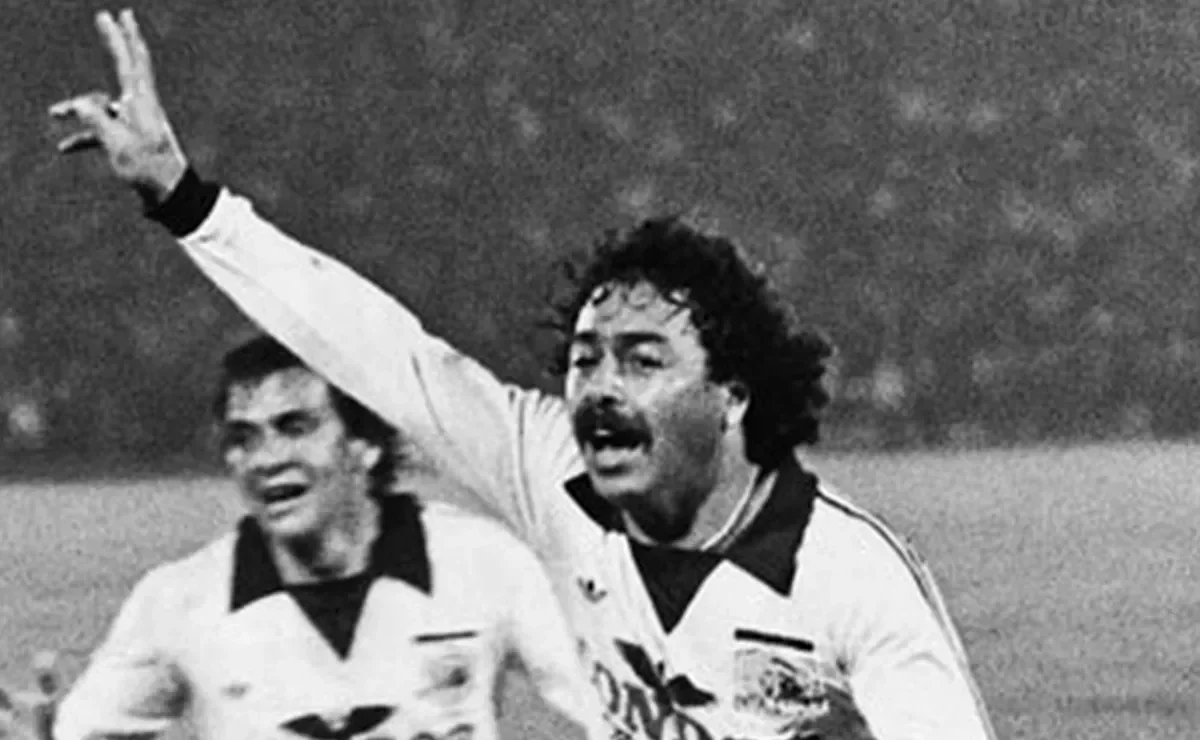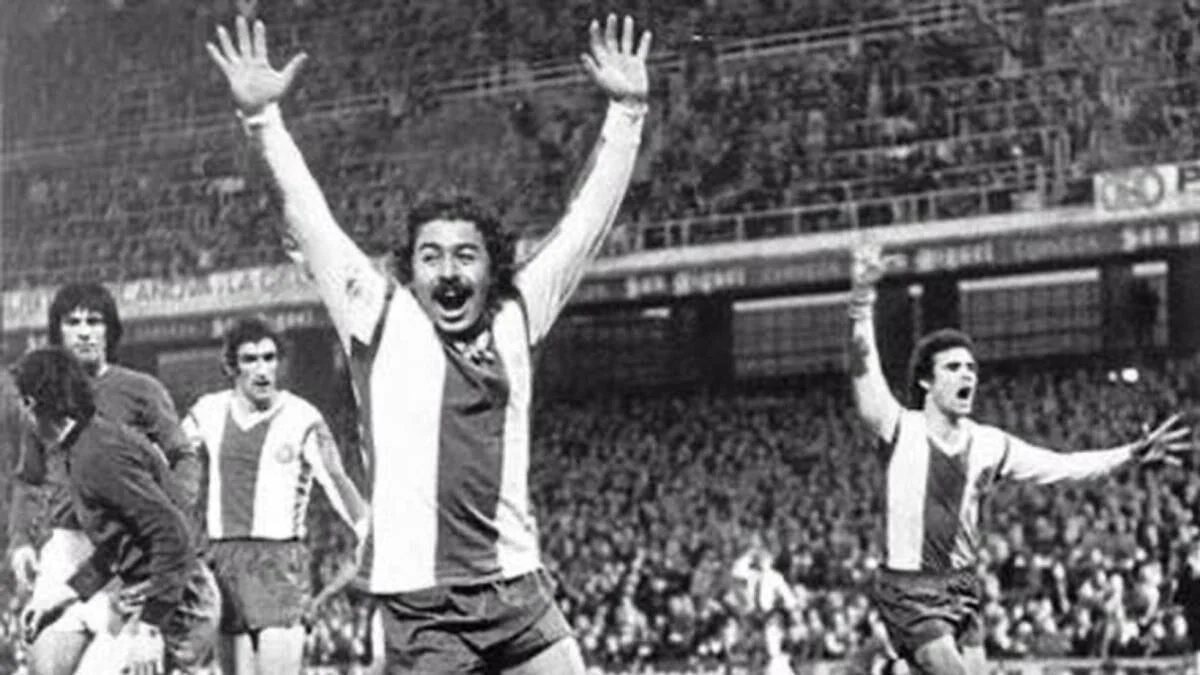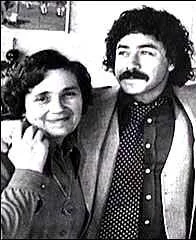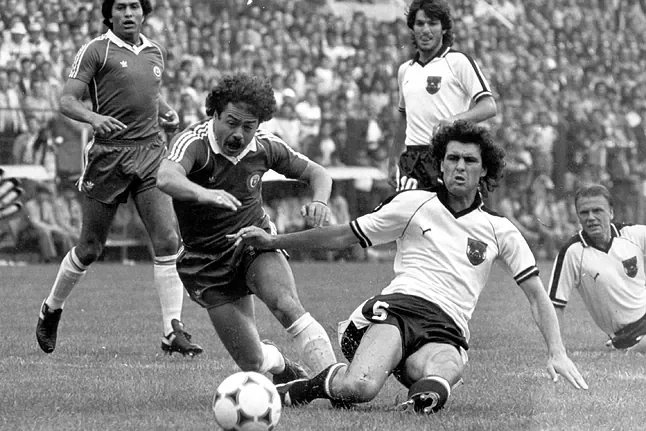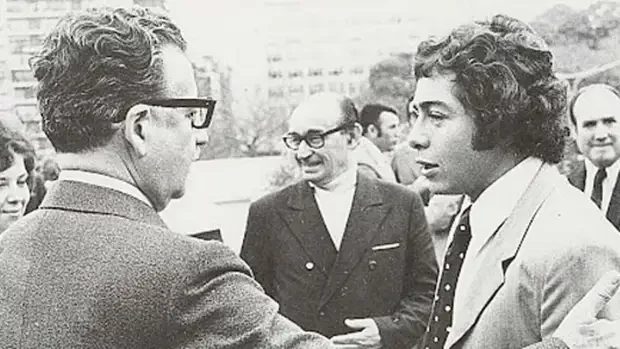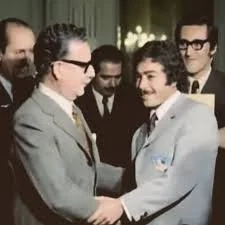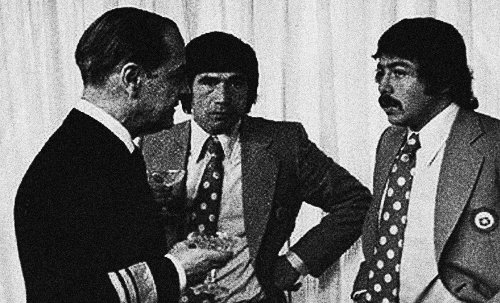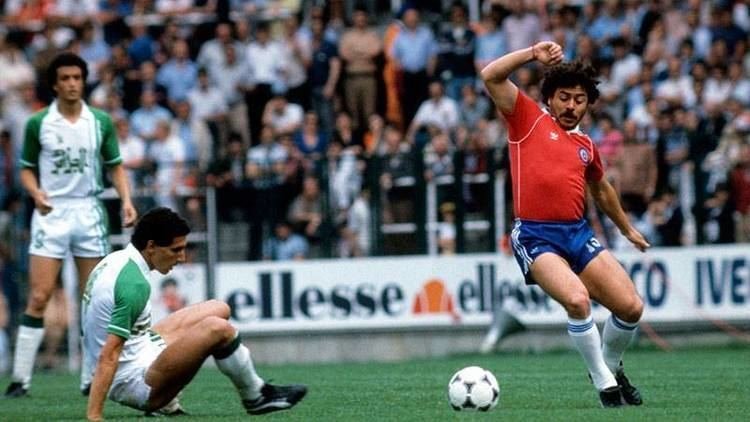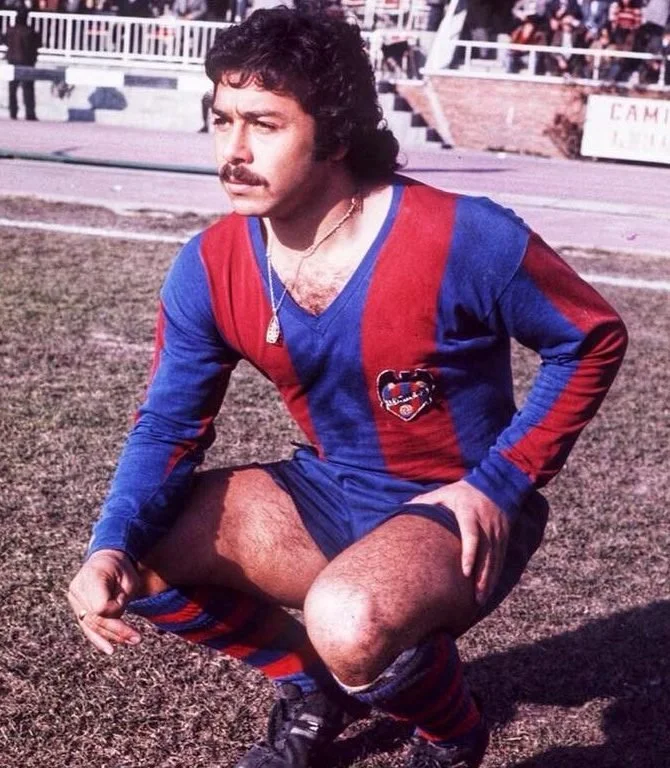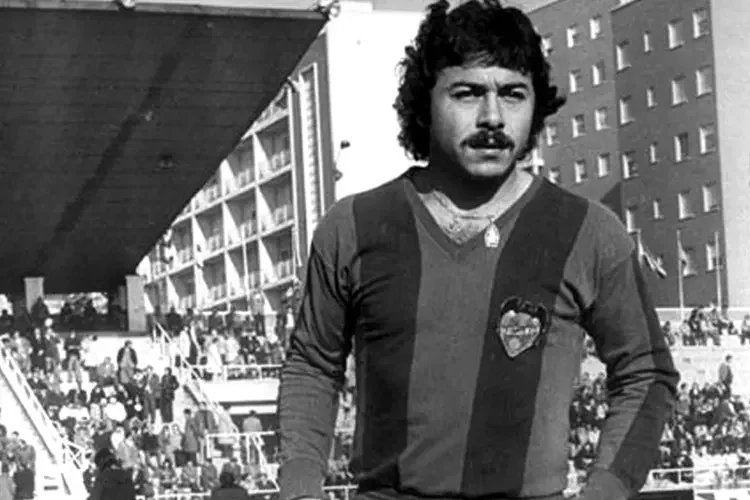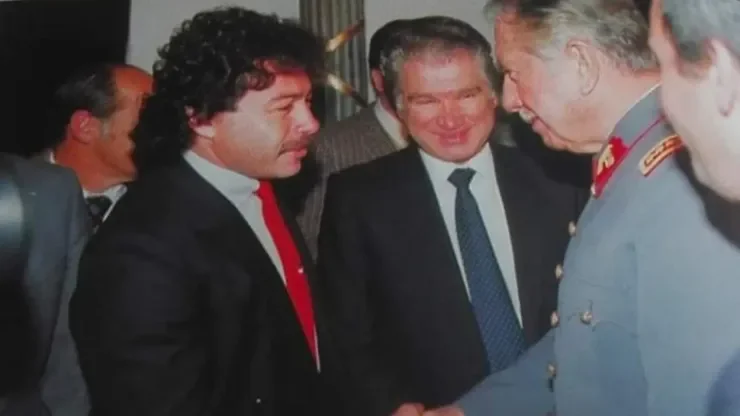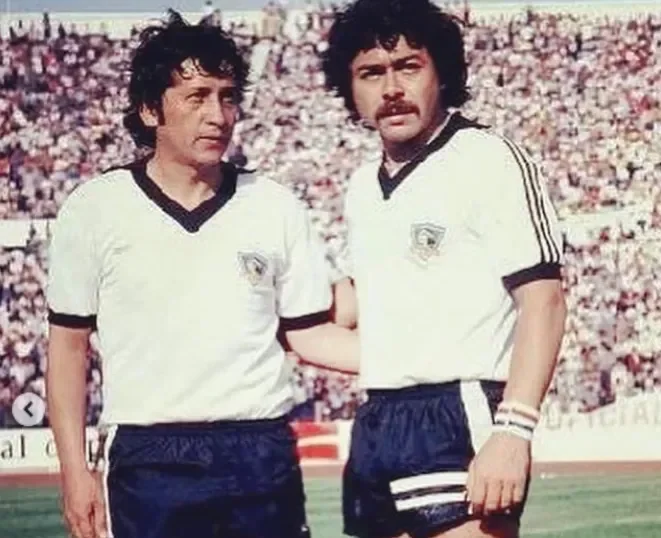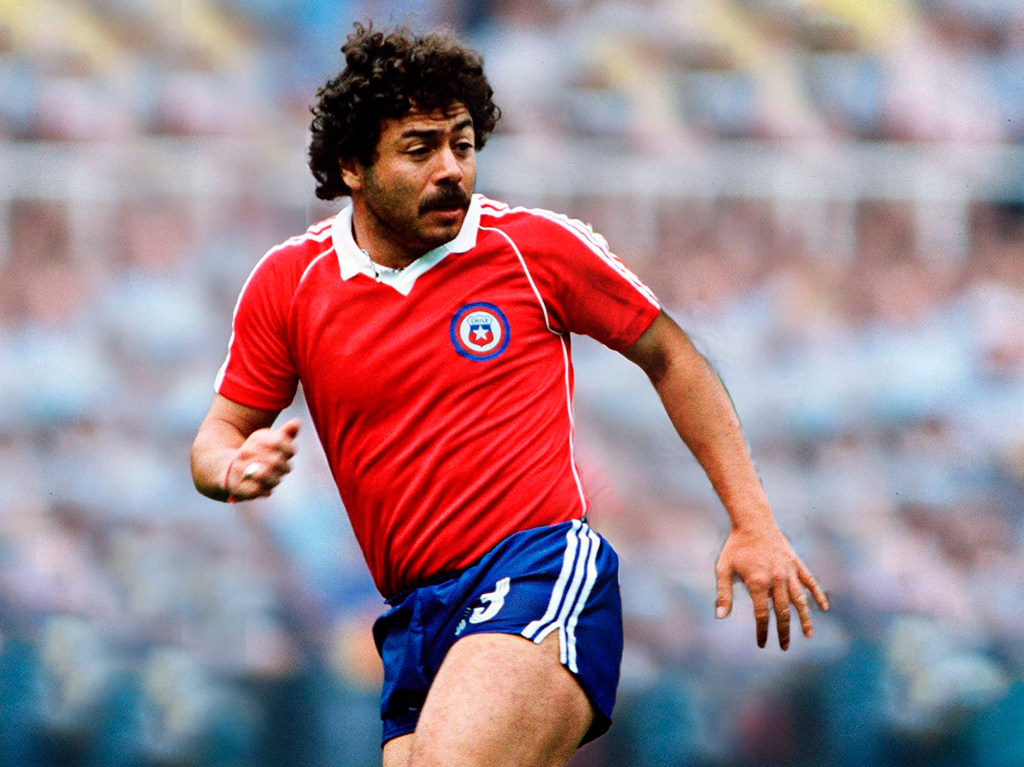
Words by Tommy Potter | Published 08.10.2025Carlos Caszely is a totemic figure in Chile, from being the all-time top goalscorer for the country’s most iconic and best supported club, to being a leftist symbol of resistance against the ruthless and cruel dictatorship of Augusto Pinochet.
Born in Santiago, the son of a railroad worker of Hungarian descent, Caszely initially studied Physical Education (although he later earned a degree in Journalism), but it was football where the young Carlos excelled. He joined Colo-Colo as a youth player and made his debut in 1967 as a 17 year old. Over the next 6 seasons, the goals from a prolific Caszely helped El Cacique to 2 league titles. In 1973, the final year of his first Colo-Colo stint, the team reached the final of the Copa Libertadores, a competition revered throughout the continent. Caszely was the tournament's highest scorer that season, even scoring in the final play-off game, before Colo-Colo finally succumbed to continent kings, Indepediente, after 3 gruelling games.
However, , in 1973, Chile was about to enter the most catastrophically dark period in the nation's history. Salvador Allende, the widely popular leader of the Unidad Popular, a coalition of left-wing parties, was elected President in 1970. He was an avowed Socialist, whose policies lifted millions out of poverty. Of course, in Washington, he was viewed as a dangerous Communist. After nationalising the copper mining industry, the US cut off support for Allende’s government and began supporting the opposition. Eventually, with Washington’s backing, a coup d’etat was planned and carried out, headed by the Chilean Army General, Augusto Pinochet. As tanks and troops advanced on La Moneda, a defiant Allende, who had refused safe passage out of Chile, decided to take his own life, rather than suffer torture at the hands of his enemies.
By the time the coup had been staged, Caszely had already left Chile and had signed for Spanish club Levante. However, he was not immune to the cruelty and intimidation of the new right-wing dictatorship. As an outspoken supporter of the Left and critic of Pinochet, he became a target. One particular act of defiance stands out. Before the 1974 World Cup, Pinochet decided to greet the Chile squad in person. Caszely remembers:
“When we were all standing there the doors open and there comes a guy with a cape, dark glasses, and a hat. A cold shiver went down my back from seeing this Hitler-like looking thing, with five guys behind him. When he started coming closer I put my hand behind me and didn’t give it to him.”
It was a brave move, but not one without ramifications. Caszely’s mother, Olga Garrido, was kidnapped, imprisoned, and savagely tortured by the brutal regime. No official reason was given for apprehending her, but many believe her son's views and act of defiance may have been why she was targeted. Years later, Olga Garrido would appear on television during a TV show about the upcoming vote as to whether Pinochet should remain in charge until 1997. She talks about the abuse she suffered at the hands of Pinochet’s forces before the camera pans to Caszely, who offers a passionate explanation as to why he will be voting against the dictatorship.
Chile was still in the grips of the dictatorship when Caszely returned to Colo-Colo after 5 years in Spain with Levante and Espanyol. It was during this stint with the club that Caszely would score the goals that made him the all-time top scorer, and where he won the majority of his trophies. Success on the pitch wasn’t a problem, but off the pitch, Chile was still not free. And he would cross paths with Pinochet again, an encounter that would further solidify his rebel credentials. At a 1985 reception in La Moneda, the two ideological opponents met. This time Caszely did greet the dictator, but he made sure he was wearing a red tie for the occasion, symbolising his left-wing politics. Pinochet noticed and the following exchange took place:
Pinochet: "Are you leaving?"
Caszely: "That's right, that's enough."
Pinochet: You always wear your red tie. You never part with it.
Caszely: That's right, President, I wear it next to my heart.
Pinochet: This is how I would cut that red tie (making a scissors gesture with his fingers).
It's often wondered why Caszely avoided any direct action taken against him by the regime. Of course, it would be difficult to make such a prominent and well-liked figure disappear, but Pinochet respected Caszely, and spoke highly of him behind closed doors, even if this wasn’t reciprocated.
Chile finally returned to democracy in 1989. Voices of defiance and acts of resistance were crucial to making that happen. That is exactly what Caszely, and many more like him, provided. Dissenters who were brave in the face of tyranny. Viva Carlos. Viva Chile.


